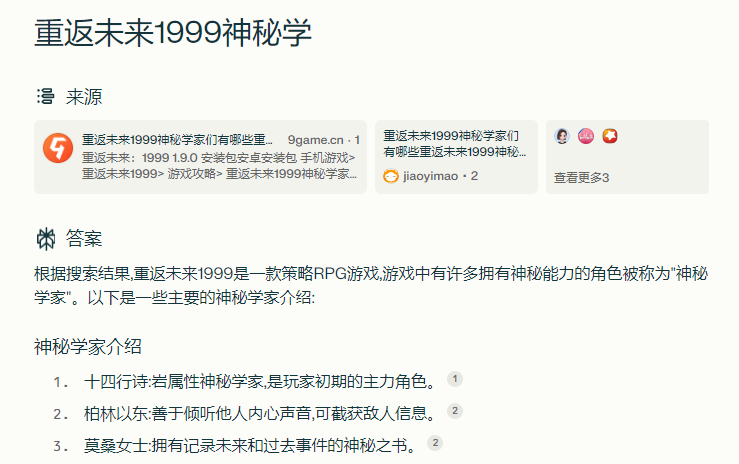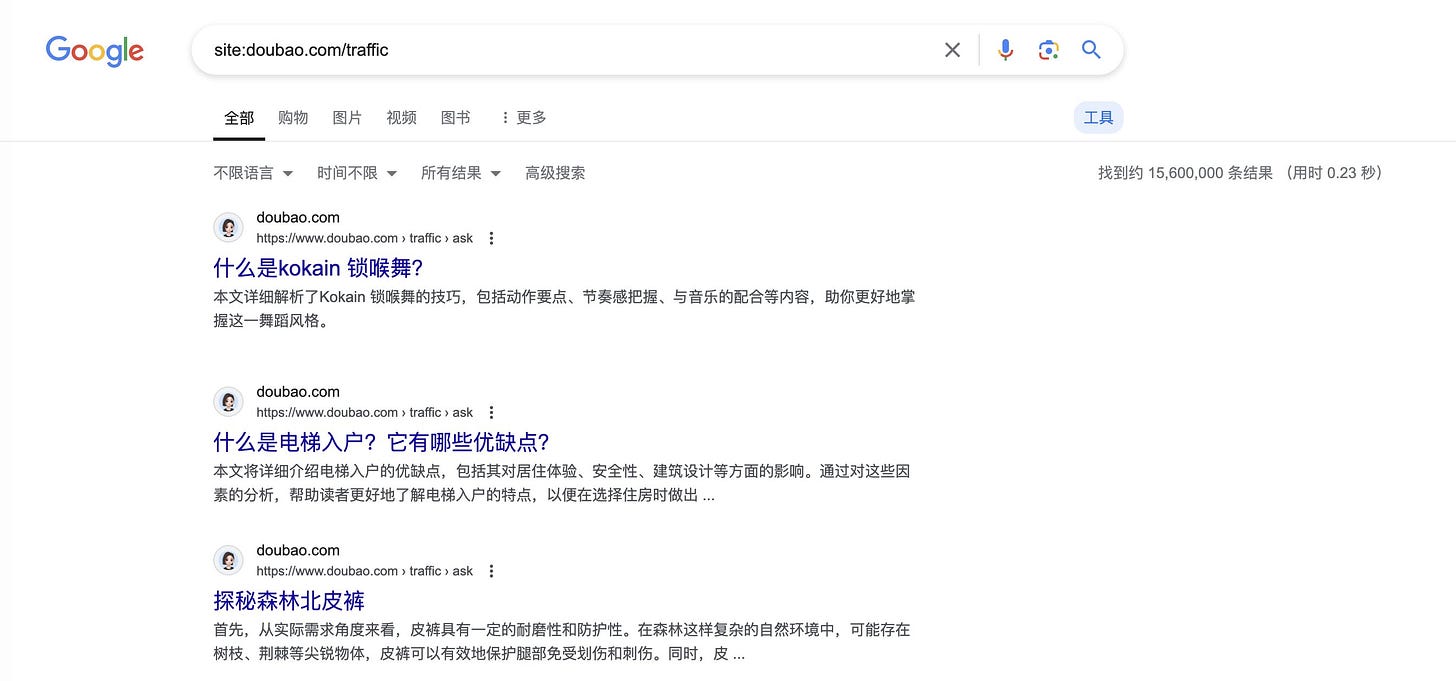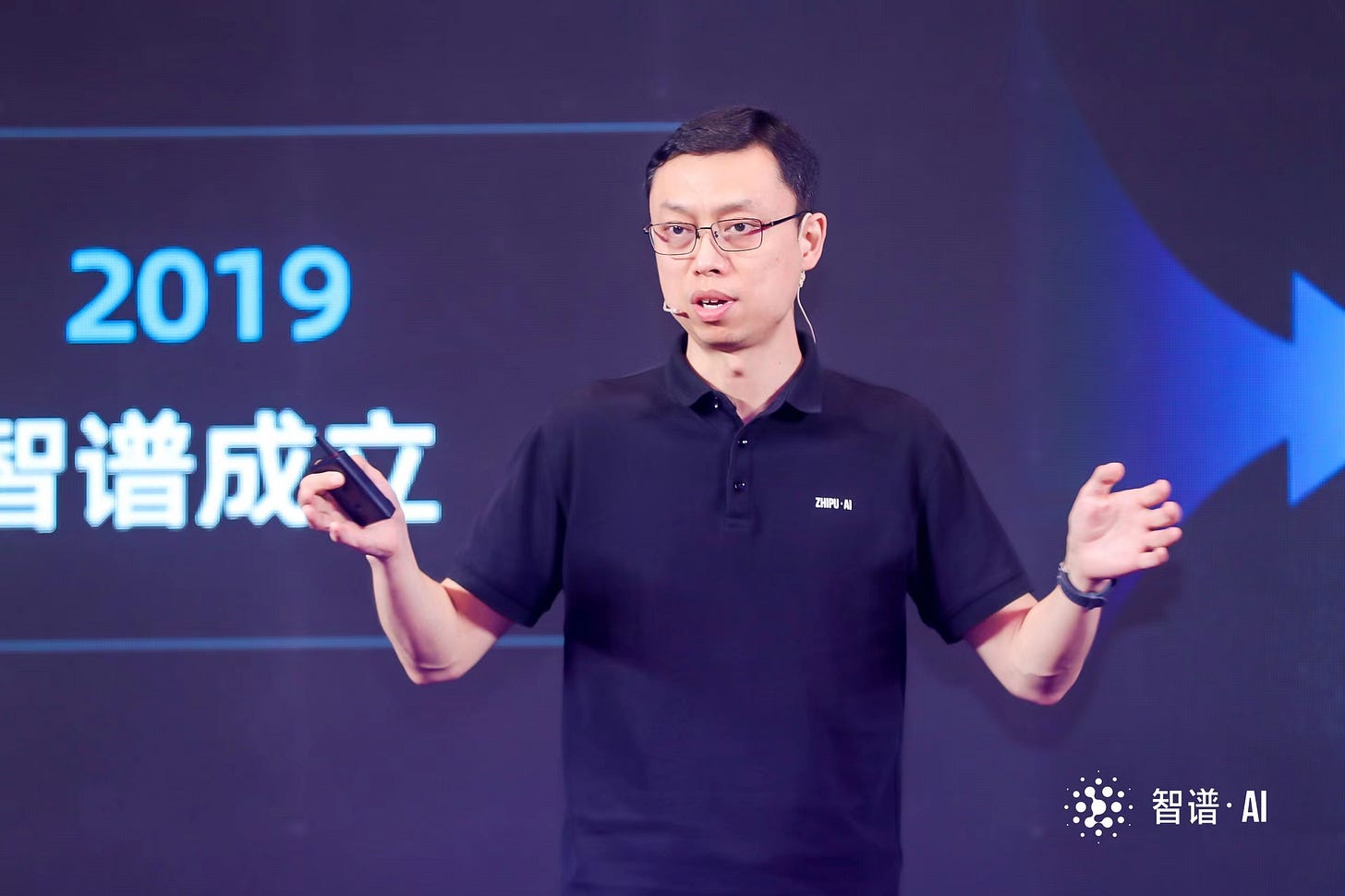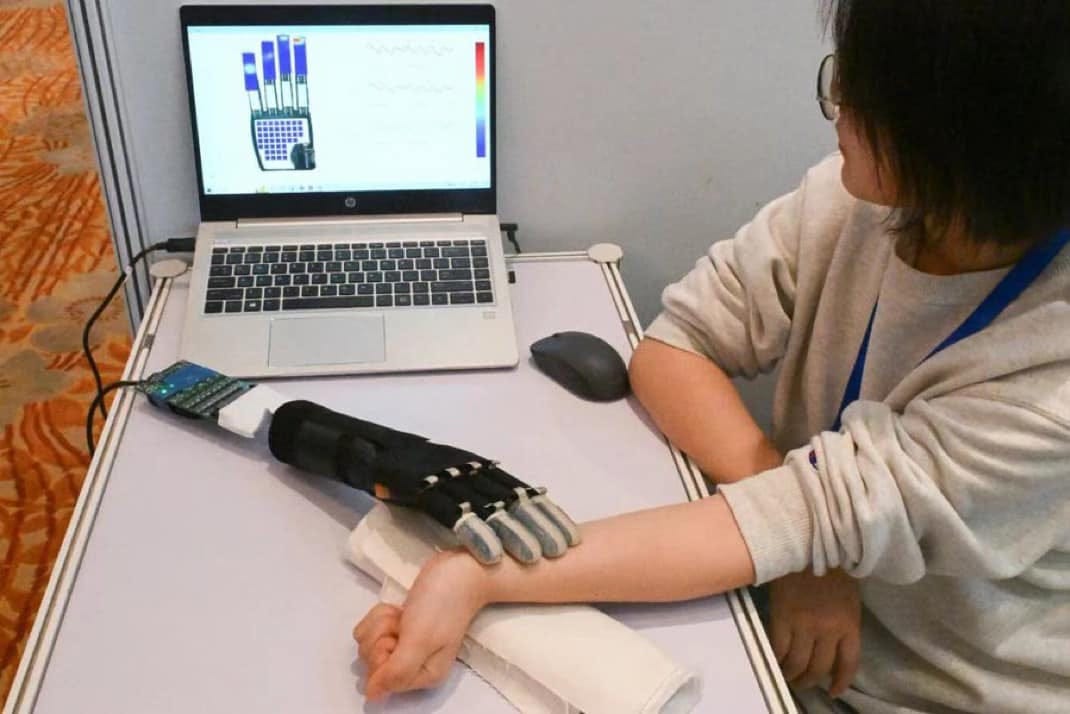🥸AI-Generated Content Overwhelms Search Engines, Tencent Unveils ChatGPT Competitor, and Saudi Arabia Invests in Zhipu AI
Weekly China AI News from May 27, 2024 to June 2, 2024
Hi, this is Tony! I’m adding some tweaks to the newsletter to make it more intuitive and fun. Hope you enjoy it!
Three things to know
ByteDance’s AI was generating low-quality results that flooded search engines.
Zhipu AI has reportedly received funding from Saudi Arabia’s Prosperity7, making the latter the first foreign investor in China’s genAI sector.
Tencent last week introduced its answer to ChatGPT, Yuanbao元宝, which can access WeChat Official Accounts.
ByteDance AI is Filling Up Search Engines
What’s New: AI-generated content, optimized through SEO tactics, is increasingly infiltrating mainstream search engines.
A Chinese blogger recently revealed a jaw-dropping discovery: When they searched for information on the game Back to the Future 1999 on Perplexity, a US-made AI search engine, a bizarre entry from ByteDance’s Doubao appeared in the search results.
How It Works: AI search engines like Perplexity use traditional search engines (Google, Bing) to fetch data, which is then summarized and presented to users. Doubao, a ChatGPT-like chatbot from ByteDance, has exploited this by producing AI-rewritten articles designed to satisfy search engine algorithms for maximal retrieval. This behavior mirrors content farms, an old Internet jargon meaning companies generate large amounts of low-effort content, and AI makes this content overflow much easier.
Other users have also reported finding Doubao-generated articles directly on Google. There were reportedly over 15 million Doubao-generated pages on Google. Doubao also allows users to share their conversations as static web pages, which can then be indexed by search engines.
Response from ByteDance: Doubao has updated its settings, making sharing with search engines no longer the default, a representative from ByteDance said. Doubao also clarified that most AI-generated answers come from virtual accounts, not real users, and have now been reduced to only five links on Google.
Why It Matters: This phenomenon raises concerns about the integrity of AI-generated content. Users seeking reliable information are increasingly likely to encounter AI-generated garbage, which degrades the overall quality of search results. Doubao’s practice of making user chat records public for SEO purposes might pose privacy risks.
Alibaba-backed AI Startup Zhipu AI Bags Capital from Saudi Fund
What’s New: Saudi Arabia’s Prosperity7, part of Aramco’s venture capital arm, has participated in an approximately $400mn investment round in China’s generative AI startup, Zhipu AI, Financial Times and Bloomberg reported. This investment values Zhipu at around $3 billion and makes Prosperity7 the first foreign investor in China’s generative AI sector, a significant move amid US restrictions on funding and exporting high-end AI technology to China.
How It Works: Prosperity7, managing a $3 billion fund, took a minority stake in Zhipu AI. Previously reliant on domestic funding, including state funds, Zhipu has gained international financial support.
Unlike its peers Moonshot and MiniMax, Zhipu focuses on enterprise solutions, especially on-premise setups, which run AI models within the organization’s infrastructure rather than the cloud. Zhipu also offers enterprises “all-in-one” servers, or “AI-in-a-box,” bundling its proprietary models with domestic chips like Huawei’s AI chips. These solutions cater to large enterprises that are sensitive to data security.
Why It Matters: This investment illustrates Saudi Arabia’s strategy to counterbalance US dominance in AI. One person close to the fund told the Financial Times that “The Saudis don’t want Silicon Valley dominating this industry.”
It may also open new markets for Chinese AI startups like Zhipu who are able to handle business with governments and state-backed enterprises. The collaboration also signifies a broader Saudi-Chinese partnership, with additional investments in tech infrastructure and regional expansions.
Inside Tencent’s ChatGPT Rival Yuanbao
What’s New: Tencent last week introduced Yuanbao元宝, its answer to ChatGPT and ERNIE Bot based on its proprietary Hunyuan LLM. The app, with its slogan “Work easily, live more”, is aimed at integrating AI into both productivity boost and entertainment.
How It Works: Yuanbao offers two primary features: a multimodal chatbot augmented with search engines and an agent app store similar to GPTs.
What makes Yuanbao uniquely advantageous is that it can fetch content from WeChat's official accounts, which are WeChat’s media platforms allowing people to distribute content and share news. Yuanbao can provide summaries of tech news and other high-quality content, directly linking to sources within the app. Yuanbao also supports other standard AI functions, such as financial report analysis and image recognition, though with mixed results.
Why It Matters: Yuanbao’s ability to access WeChat content positions it as a strong player in the AI app market. While the app’s overall performance is currently average, its future potential is promising, especially if integrated with Tencent's other platforms, potentially reaching over a billion users.
Weekly News Roundup
As of May, the two most popular AI education apps in the U.S., Question AI and Gauth, are created by Chinese companies Zuoyebang and ByteDance respectively. (TechCrunch)
China’s domestic AI chipmakers are rapidly closing the gap on international leaders, said SenseTime co-founder Xu Bing. (Bloomberg)
Baidu is integrating ERNIE-powered agents across its mobile products like Baidu Search and Baidu Wenku, which now offers over 100 multimodal AI features used by 140 million users.
China has launched its third state-backed semiconductor investment fund, the Big Fund III, with $47.5 billion to boost its semiconductor industry and achieve chip sovereignty by reducing reliance on foreign nations. (Reuters)
Feel AGI
The picture above shows a robotic hand feeling a pulse, displayed at the Humanoid Robot Competition in Beijing this April. It went viral this week as Chinese media revealed that many hospitals and health centers have introduced AI Traditional Chinese Medicine robots, nicknamed “Cyber TCM.”
Trending Research
A vision chip with complementary pathways for open-world sensing
A research team from Tsinghua University has developed the Tianmouc chip, a brain-inspired vision sensor, achieving high-speed sensing at 10,000 fps, 10-bit precision, and a 130 dB dynamic range while reducing bandwidth by 90%. The chip mirrors how humans process information visually—impulsive (fast) and deep (slow). Most current computer vision systems only handle the fast type, which is problematic for tasks like autonomous driving that require deeper processing. This new vision chip could revolutionize the field by enabling both types of visual processing.in autonomous driving and other visual applications. The research was featured as the cover article in Nature on May 30, 2024.
YOLOv10: Real-Time End-to-End Object Detection
Researchers from Tsinghua University proposed the new YOLOv10, which introduces NMS-free training and a holistic efficiency-accuracy driven design strategy, significantly reducing computational overhead and enhancing performance. YOLOv10 achieves SOTA performance and efficiency, with YOLOv10-S being 1.8× faster than RT-DETR-R18 and YOLOv10-B having 46% less latency than YOLOv9-C for the same performance.









